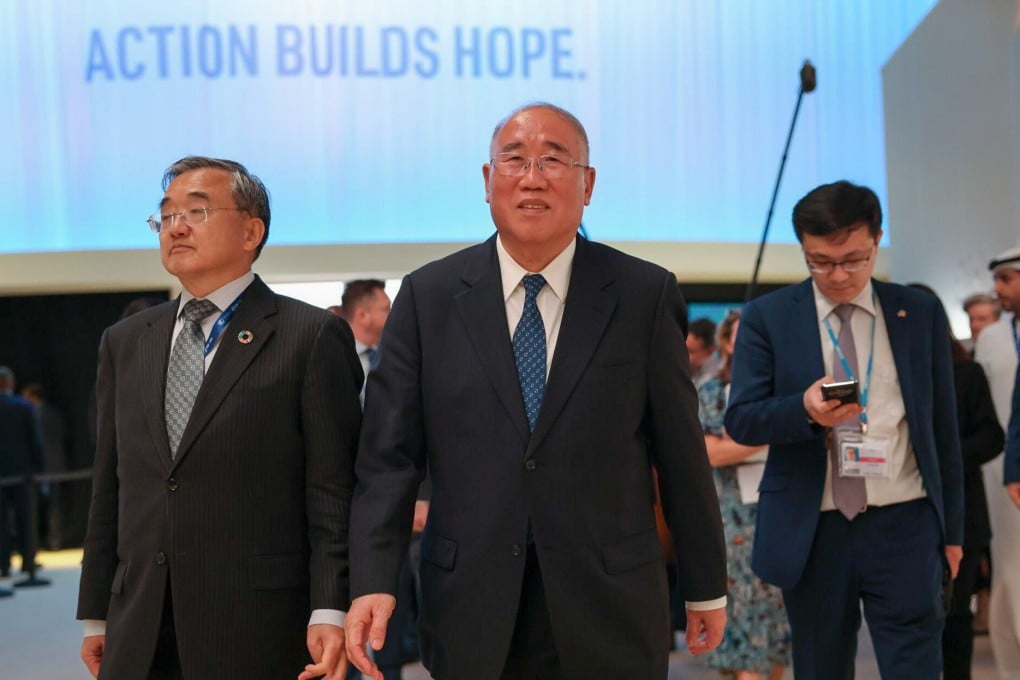Advertisement
Opinion | Face it, China’s clean energy firms are key to Cop28 climate goals
- Despite pressing Cop28 emission ambitions and China’s leading position in the clean energy sector, the US and Europe are shutting out Chinese products and firms
- But no other country can produce the clean energy products needed as quickly or on the scale that China is doing
Reading Time:3 minutes
Why you can trust SCMP
6

This year’s Cop28 UN climate summit in Dubai came right after the International Supply Chain Expo in Beijing, held to strengthen and showcase China’s unbeatable manufacturing and logistics capabilities. Having attended both events, I see China’s connecting role as more important than ever.
Though the supply chain expo was largely hosted to bolster the Chinese economy, it also shows China’s underappreciated role in addressing climate change.
The good news out of Cop28 is a historic agreement to transition away from fossil fuels. This calls for the world to cut greenhouse gas emissions by 43 per cent by 2030 and by 60 per cent by 2035, relative to 2019 levels. Considering the pace (or lack thereof) at which emissions reductions have occurred in the last few decades, this is an ambitious and tight timeline.
Advertisement
While China still has a very long way to go in cutting emissions and the use of coal on the path to carbon neutrality by 2060, no other country has invested more in clean energy technology. Last year, China invested an estimated US$546 billion in clean energy.
If we are to reach the Cop28 targets and continue on the trajectory of increasingly affordable and abundant clean energy, we cannot do it without China.
Advertisement
The global supply chain is evolving into a more complex matrix of production and assembly across countries and continents. The reasons for this are both economic and political. Businesses are looking to maintain profitability as the price of labour in China rises and its production capacity grows increasingly sophisticated, moving more rudimentary tasks elsewhere.
Advertisement
Select Voice
Select Speed
1.00x
